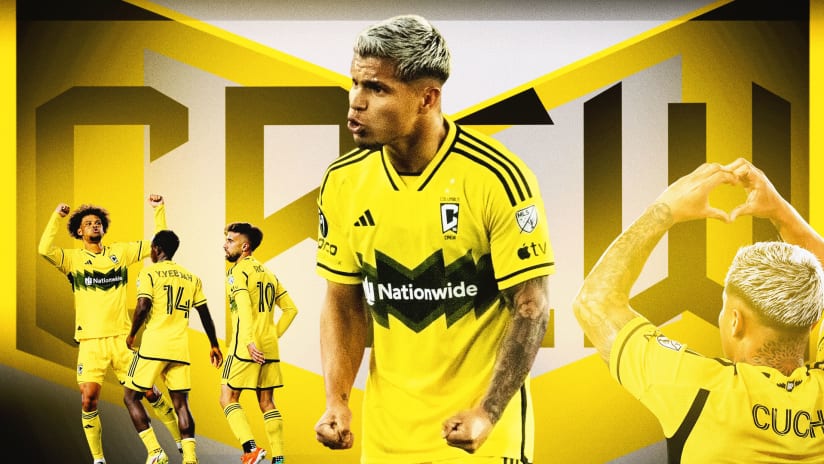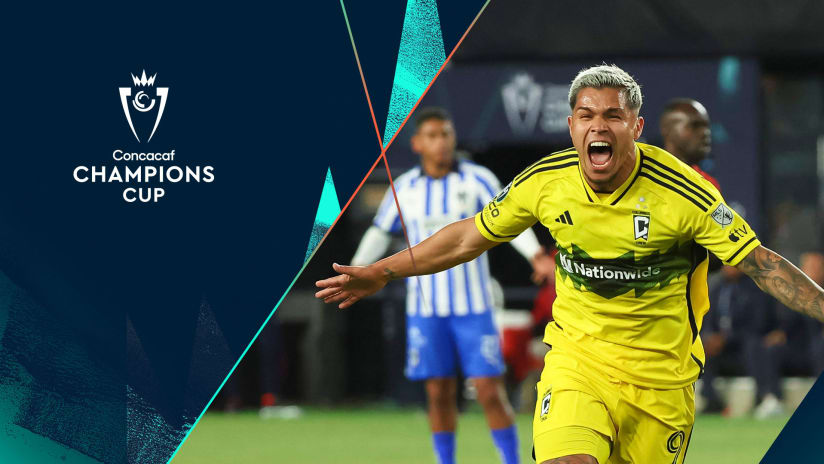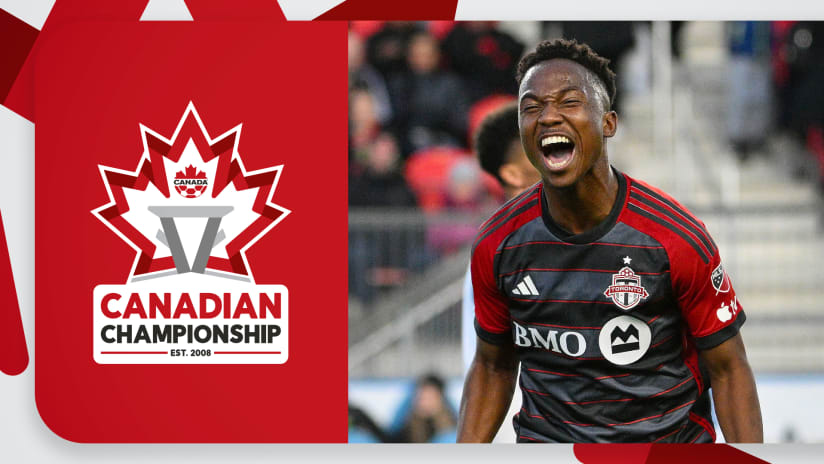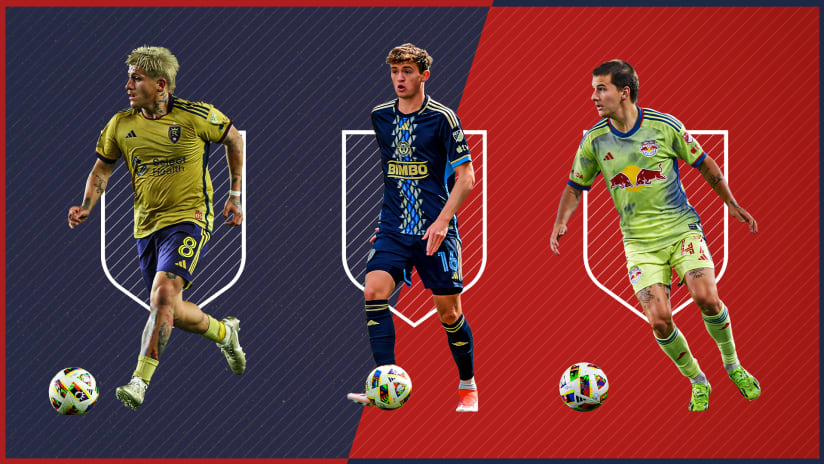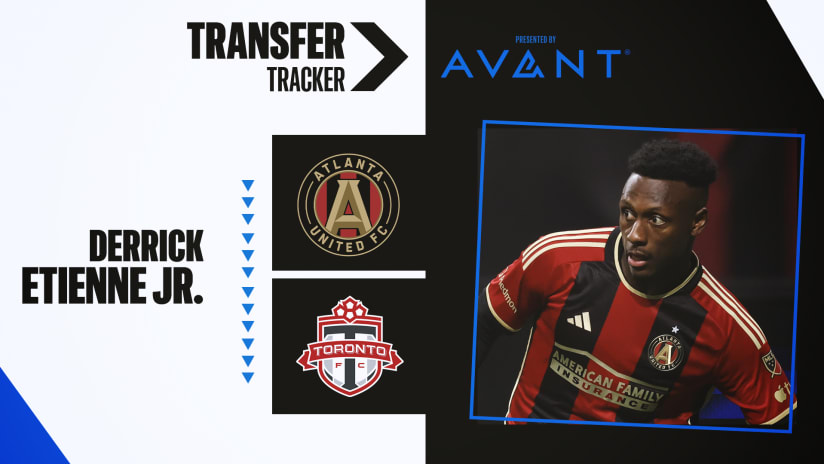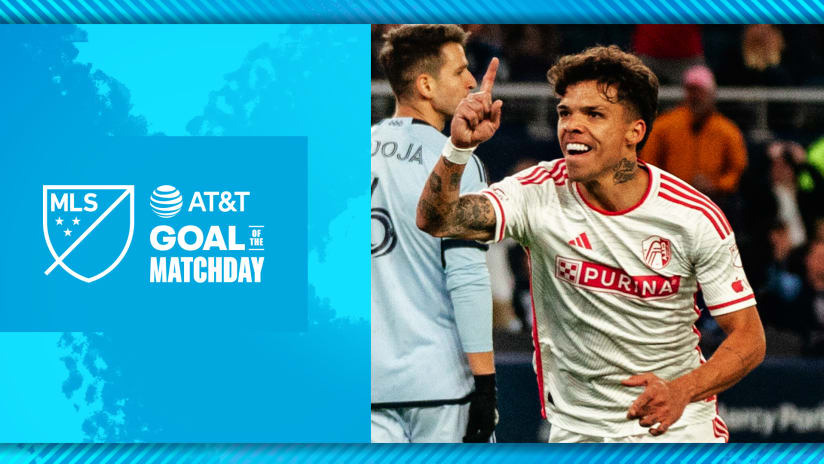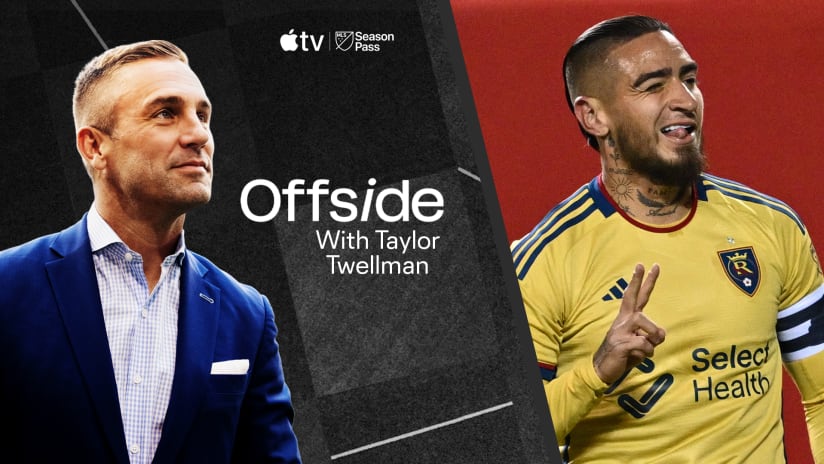For those of us who lost touch with soccer following the 1984 demise of the North American Soccer League, the 1994 World Cup was an opportunity to reconnect with the sport. Seeing the world's best players converge on this country reminded us of what had been missing during the past ten years, and the sight of, for the first time, a competitive American team made the tournament even more thrilling. But the best news to come from the World Cup was the knowledge that a new professional league would begin play in 1996.
Of the 20 members of the 1994 United States World Cup team still playing by 1996, 13 were on MLS rosters when play began, with four others joining by the start of the 1997 season. These men, along with a collection of international players, formed the first core group of stars in MLS, instantly giving credibility to the new league.
On Oct. 17, 1995, John Harkes was allocated to D.C. United as the new team's first-ever player following a six-year career in England that saw him reach unprecedented heights for an American soccer player. The U.S. national team midfielder, who starred in both the 1990 and 1994 World Cups, was reunited with Bruce Arena, who coached him at University of Virginia, and was named the first captain in team history.
In the early days of the league, Harkes was more than just a great player. As one of the players with name recognition among the general public, he was also a natural focal point for the marketing of the new team. Extroverted and witty, with a smile that landed him in People's "50 Most Beautiful People of 1994" issue, Harkes was prominently featured in advertisements and also co-hosted "Soccer Sweep" with United play-by-play announcer Dave Johnson.
In the first season, Harkes, playing left wing, had three goals and eight assists, tied for second on the team, in 29 games. He added another two assists in the playoffs, as United won the "Double" of the MLS Cup and U.S. Open Cup. By this time, Harkes had also been declared "Captain For Life" of the National Team by then-coach Steve Sampson, now with the Los Angeles Galaxy, as the U.S. began its qualifying run for the 1998 World Cup.
Harkes' numbers improved in 1997, registering five goals and nine assists in 25 games, as United won the Supporter's Shield with the best record in the regular season. Of his three assists in the playoffs, the one for which he is best remembered took place in the 68th minute of MLS Cup 1997 at RFK Stadium. On the left side of the box, he looked up, turned, and sent a cross to the far post, where Tony Sanneh was waiting to head the ball into the net, giving United a 2-0 lead and sending 57,431 cold, wet fans into pure ecstasy. United held on to win 2-1, and, once again, lifted the MLS Cup.
Several weeks later, the U.S. national team qualified for the 1998 World Cup in France. Harkes led the team in assists during qualifying with six, as the team had high hopes it would improve upon its second-round finish in 1994.
With Harkes expected to miss at least a month of the 1998 MLS season at the World Cup, he abdicated the captaincy to Marco Etcheverry. But on the eve of preparation for the tournament, Sampson shockingly cut Harkes from the squad, vaguely citing "leadership issues" as his primary reason.
As the details of the story began to emerge, it seemed as if Sampson was losing command of his team, following some poor performances in friendlies, and he decided that the best way to regain control of was to cut its most respected player.
Harkes, whose commitment to either club or country had never previously come into question, responded by playing the most inspired soccer of his MLS career, scoring two goals and an assist against San Jose on April 29, and United won seven of their 10 matches played during the World Cup.
For all the controversy that summer, the 1998 season ended on a high note for Harkes. In August, United became the first MLS team to win the CONCACAF Champions' Cup, defeating Joe Public of Trinidad & Tobago, and Mexican clubs Leon and Toluca at RFK Stadium. Although United fell to Chicago in its bid for a third consecutive MLS Cup, the club set a new standard for American soccer six weeks later by beating Brazil's Vasco da Gama in the InterAmerican Cup.
The victory over Vasco da Gama was Harkes' final game as a member of United. In the offseason, salary cap considerations forced United to trade him to the New England Revolution. In May 2001, he was traded to the Columbus Crew, and he called an end to his playing career before the start of the 2003 season.
Upon his retirement, a friendly between United and England's Tottenham Hotspur was arranged as a tribute match to Harkes, and he was given his spot as the first name on United's "Tradition Of Excellence" banner at RFK. Once again, Harkes wore the captain's armband and his No. 6 shirt, leaving the field after 80 minutes to a standing ovation. He currently serves as the team's Director of Youth Development and as a color commentator on United's telecasts.
On Aug. 29, 2005, John Harkes was inducted into the National Soccer Hall Of Fame in Oneonta, N.Y., for a career as a trailblazer in American soccer, first by reaching some of the highest levels in the world, then by returning home to help launch Major League Soccer. Although only three years of his 13-year career was spent in Washington, it is his time with D.C. United for which he will always be most remembered.
David Lifton is a contributor to dcunited.com. He is a member of the Screaming Eagles and longtime supporter of D.C. United.


